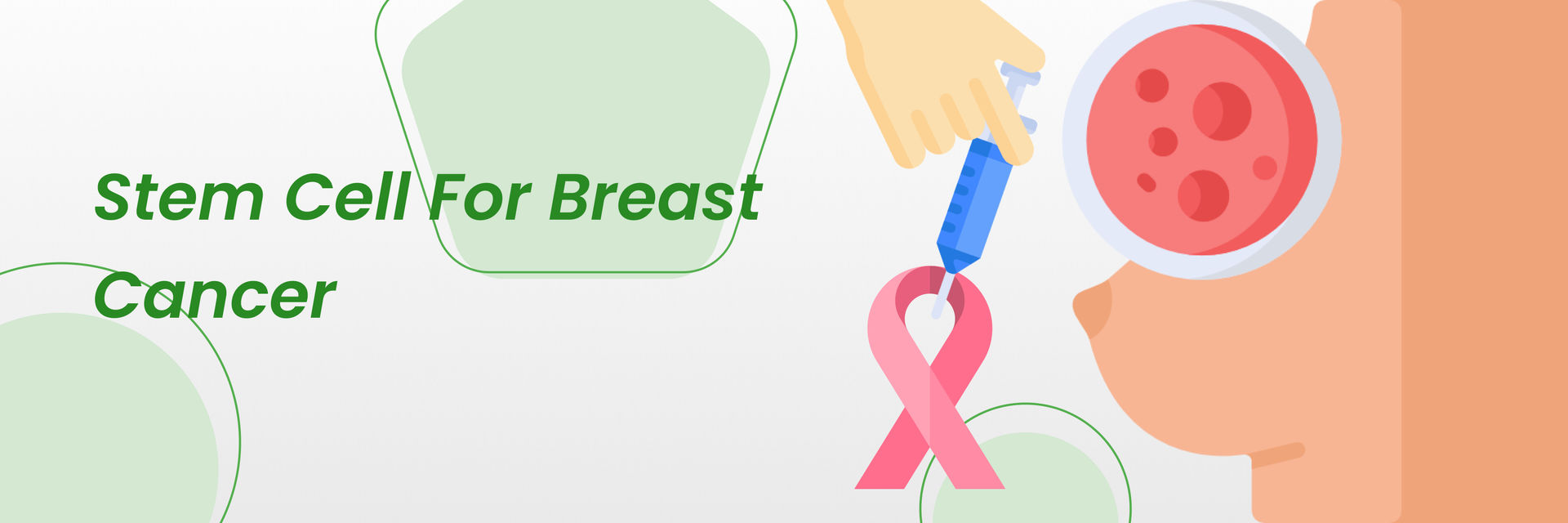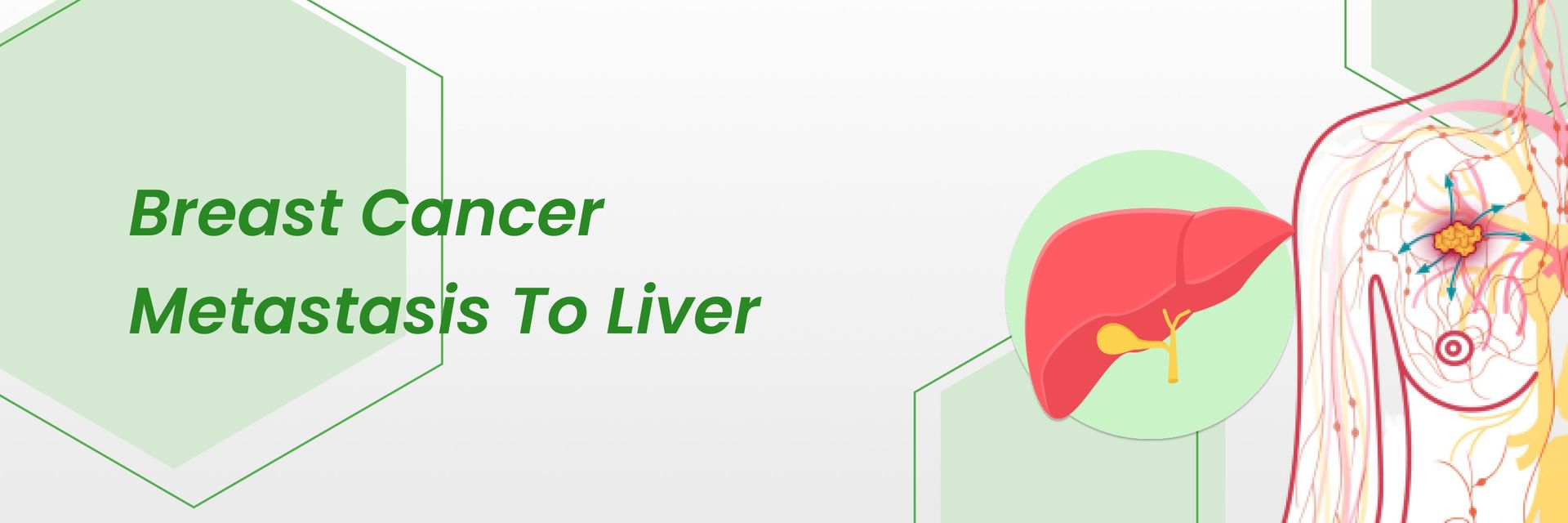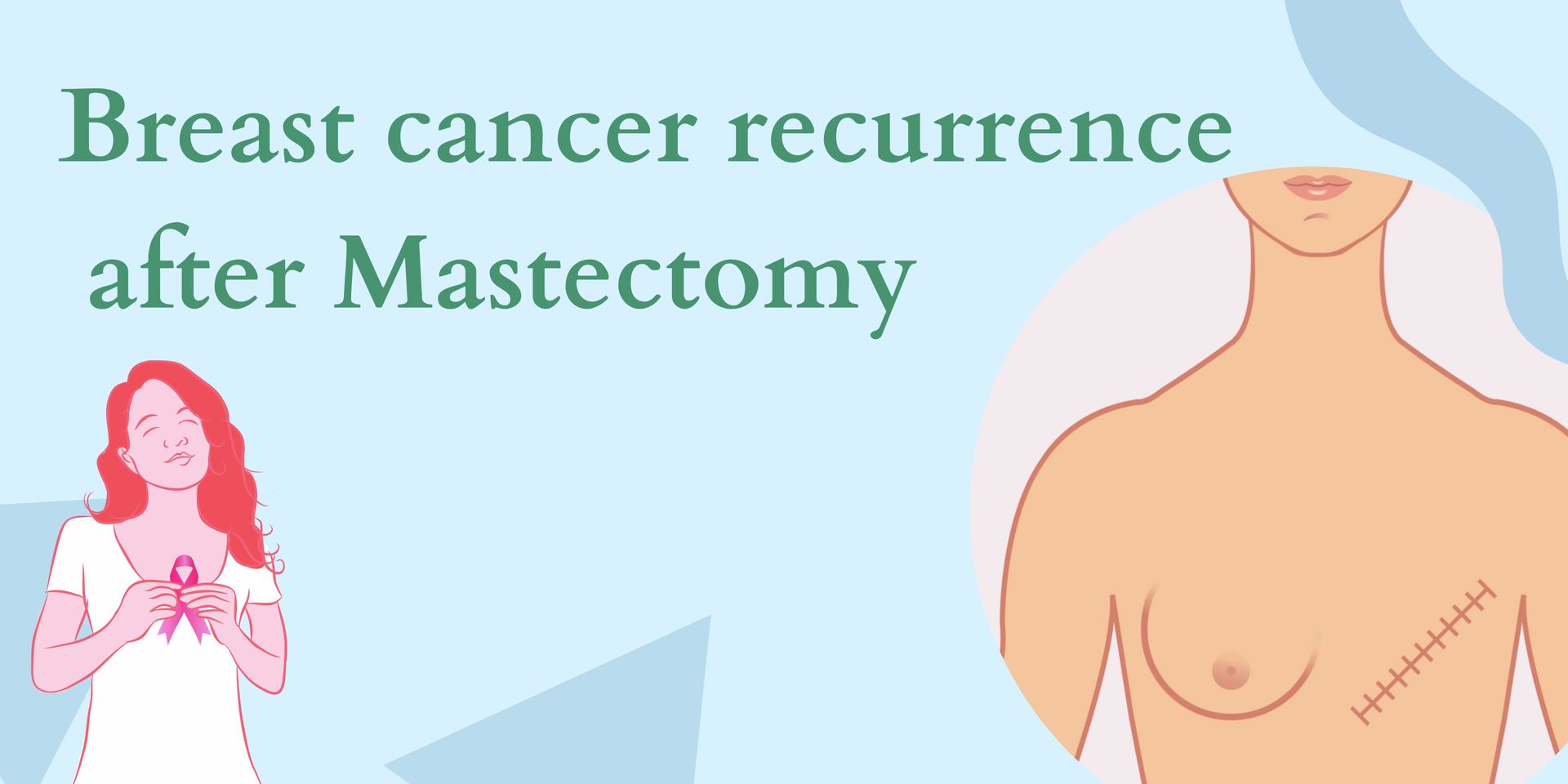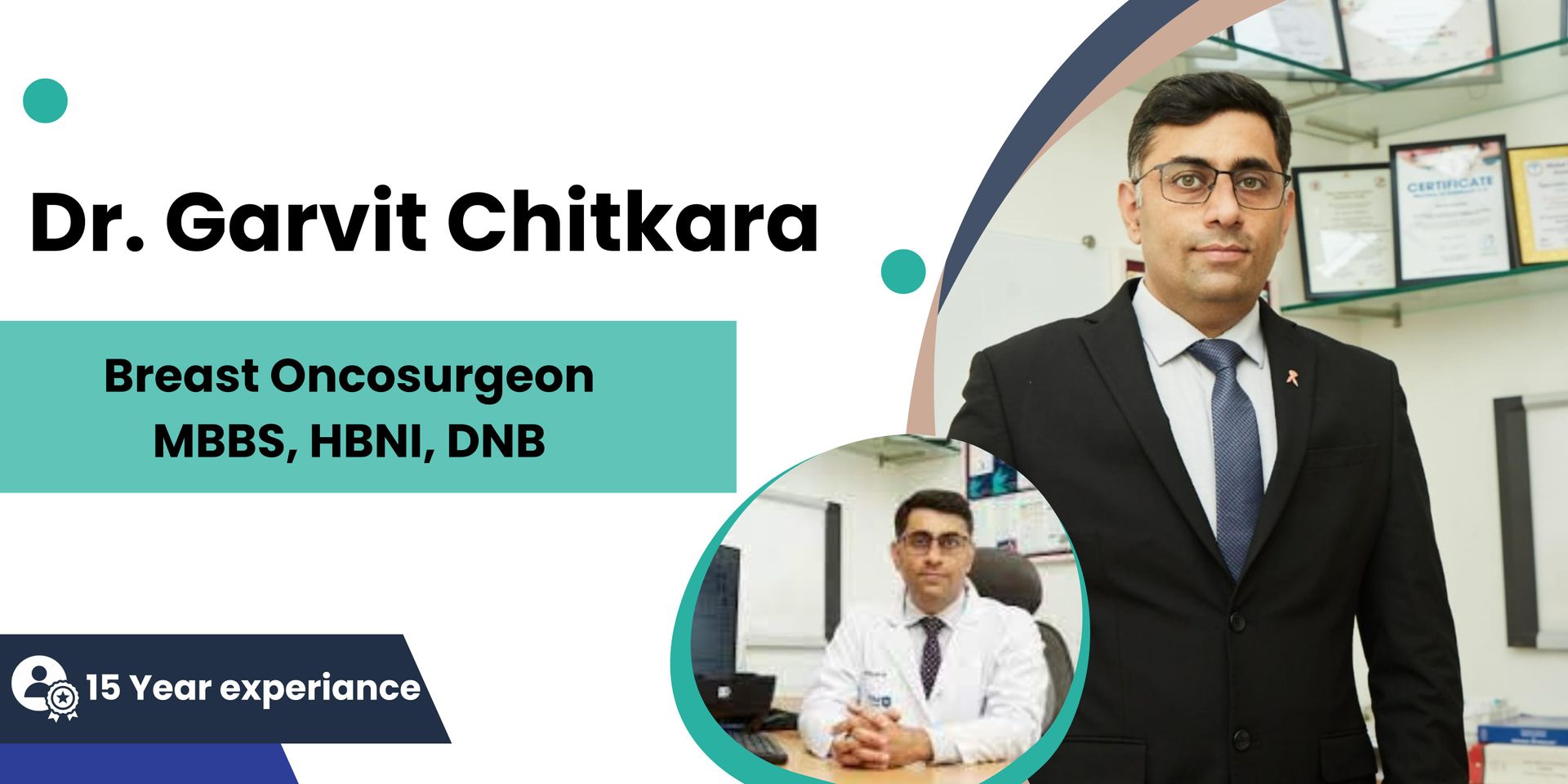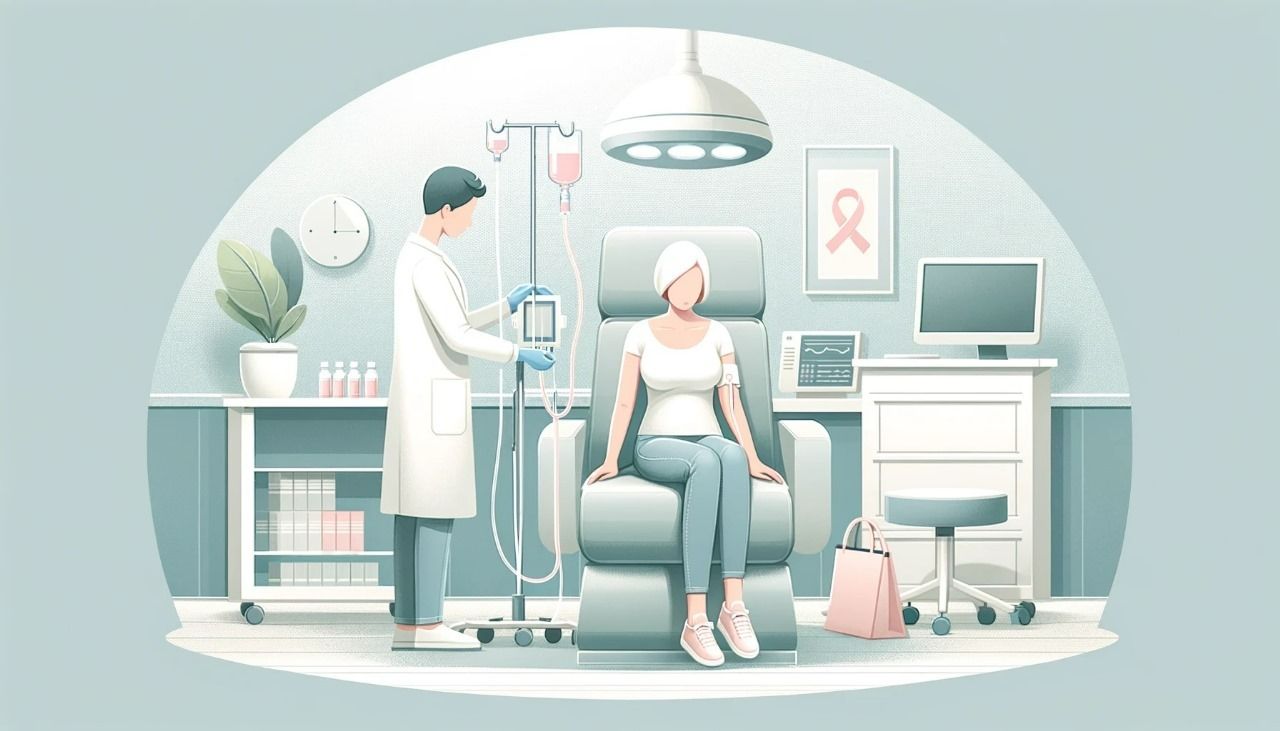Introduction
Basal cell carcinoma (BCC) is associated with skin cancer. It rarely occurs on the breast but is serious when diagnosed. This guide provides a deep look at breast basal cell carcinoma. It covers the causes, symptoms, and treatments for cancer. Understanding this rare condition is crucial for effective management and prevention.
It is mainly caused by long-term exposure to ultraviolet (UV) radiation from sunlight. It generally appears on sun-exposed areas of the skin, such as the face and neck. However, it can occasionally present itself on rarely exposed sites like the breast.
Overview of Basal Cell Carcinoma on Breast
Basal cell carcinoma on the breast is exceptionally rare, with few documented cases. This cancer is usually slow-growing. It forms a painless lump that may look pearly or waxy. It is less aggressive than other breast cancers. But, finding and treating it early is essential.
Concerned about unusual skin growths on your breast? Schedule a Consultation today with best oncologits in India to ensure your peace of mind.
But what exactly causes this rare form of cancer? Let’s dive into the causes of basal cell carcinoma of the breast.
Causes of Basal Cell Carcinoma of Breast
- Family History: If skin cancer runs in your family, you might also be more likely to get it.
- Sun and UV Light Exposure: Spending much time in the sun or using tanning beds can damage your skin and increase your risk.
- Past Radiation Treatments: If you've had radiation therapy, especially near your chest, your risk of this skin cancer might be higher.
- Weak Immune System: A weaker immune system, which could be due to certain diseases or medications, can make you more vulnerable to skin cancer.
- Arsenic Exposure: Coming into contact with arsenic, which can be found in some drinking water and industrial products, can also raise your cancer risk.
- Light Skin: People with lighter skin have less melanin, which helps protect against UV radiation, and are at a higher risk of skin cancer.
Now, you might be wondering, what does this type of cancer look like? Here are the symptoms to watch for.
Symptoms of Basal Cell Carcinoma on Breast
- Pearly or Waxy Bump: Often appears as a shiny lump that might look clear, pearly, or waxy.
- Flat, Scaly Patch: You might see a reddish, flat area with a scaly, crusty surface.
- Bleeding or Oozing: The affected area might bleed, develop a crust, or ooze, especially if bumped or scraped.
- Not Healing: A spot or sore that doesn't heal, keeps coming back or has been present for several weeks.
- Change in Appearance: Any noticeable change in the size, shape, or color of a spot on your breast skin should be checked.
Is Basal Cell Carcinoma Curable?
Yes, basal cell carcinoma is highly curable, especially when diagnosed early. The prognosis is generally excellent as this cancer type tends to grow slowly and rarely metastasizes to other parts of the body.
Guess what else? This type of cancer is highly treatable. Here’s how it can be managed effectively.
Treatment for Breast Basal Cell Carcinoma
- Surgical Excision: The cancerous area, along with some surrounding tissue, is cut out to ensure all cancer cells are removed.
- Mohs Surgery: A highly effective technique where cancer is removed layer by layer, and each layer is examined until no cancer cells remain. This method helps save as much healthy tissue as possible.
- Cryotherapy: This treatment uses extreme cold (liquid nitrogen) to freeze and kill cancer cells. It’s often used for smaller or superficial cancers.
- Topical Treatments: Creams or ointments containing cancer-fighting agents can be applied directly to the skin to kill cancer cells. This is suitable for very early-stage cancers.
- Radiation Therapy: If surgery isn't an option, targeted radiation can be used to destroy cancer cells. This method is less commonly used for basal cell carcinoma but may be considered in complex cases.
- Laser Therapy: Lasers can vaporize the cancerous growth, generally with minimal damage to surrounding healthy tissue. This is typically used for superficial skin lesions.
And here's the best part: The success rate for treating this condition is encouraging. Let’s look at the statistics.
Success Rate of Basal Cell Carcinoma on Breast
Basal cell carcinoma is generally slow-growing and rarely metastasizes or spreads to other body parts. The success rate for treating basal cell carcinoma of the breast is very high, with most cases being resolved through surgical methods.
- The therapies currently used for BCC offer an 85% to 95% recurrence-free cure rate, meaning that the first round effectively cures the specific lesion being treated of treatment.
- The 5-year relative survival for BCC is 100%. This means that, on average, all of the people diagnosed with BCC are just as likely to live at least 5 years after their diagnosis.
- The current mainstay of BCC treatment involves cryosurgery and Mohs micrographic surgery. Such methods are typically reserved for localized BCC and offer high 5-year cure rates, generally over 95%.
Want to learn more about basal cell carcinoma and how to protect yourself? Book an appointment with our cancer specialist to discuss your concerns and get personalized care on skin cancer prevention today!
Conclusion
Although basal cell carcinoma on the breast is rare, awareness and understanding are critical. Prompt medical attention and treatment can lead to a favorable outcome. Regular check-ups and protective measures against UV exposure can help prevent this and other skin cancers.
FAQs
- Should I worry if I have basal cell carcinoma?
While basal cell carcinoma is generally not life-threatening, it should not be ignored. We need treatment. It stops the cancer from growing deeper. It also prevents more serious complications. - What stage of cancer is basal cell carcinoma?
Doctors do not usually stage basal cell carcinoma like other cancers. This is because it rarely spreads beyond the original tumor site. Yet, early treatment is crucial for the best outcome. - What is high-risk basal cell carcinoma?
High-risk basal cell carcinoma involves large tumors. They have penetrated deep into the skin or are in sensitive areas like the face. These need more aggressive treatment strategies. - What cream is good for basal cell carcinoma?
Topical treatments, such as imiquimod cream or 5-fluorouracil cream, work for superficial basal cell carcinoma. Healthcare providers commonly prescribe them. - Can a basal cell carcinoma be painful?
Basal cell carcinoma is usually not painful. But, it can become painful if it grows or gets infected. - How long does a basal cell carcinoma take to heal?
Healing time varies by treatment method. But, most excision sites heal in two to four weeks. Mohs surgery may heal, depending on the surgery's extent.
